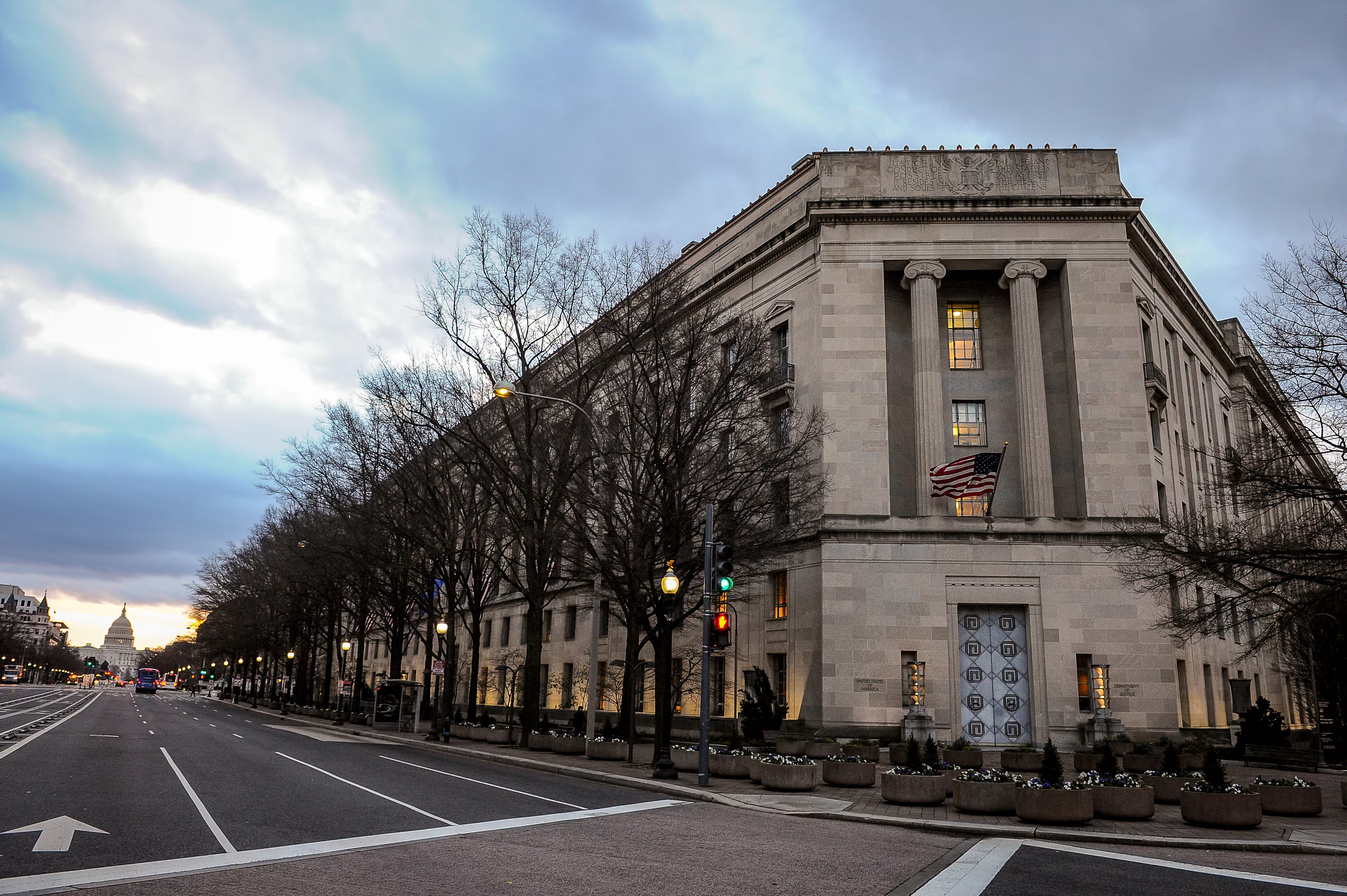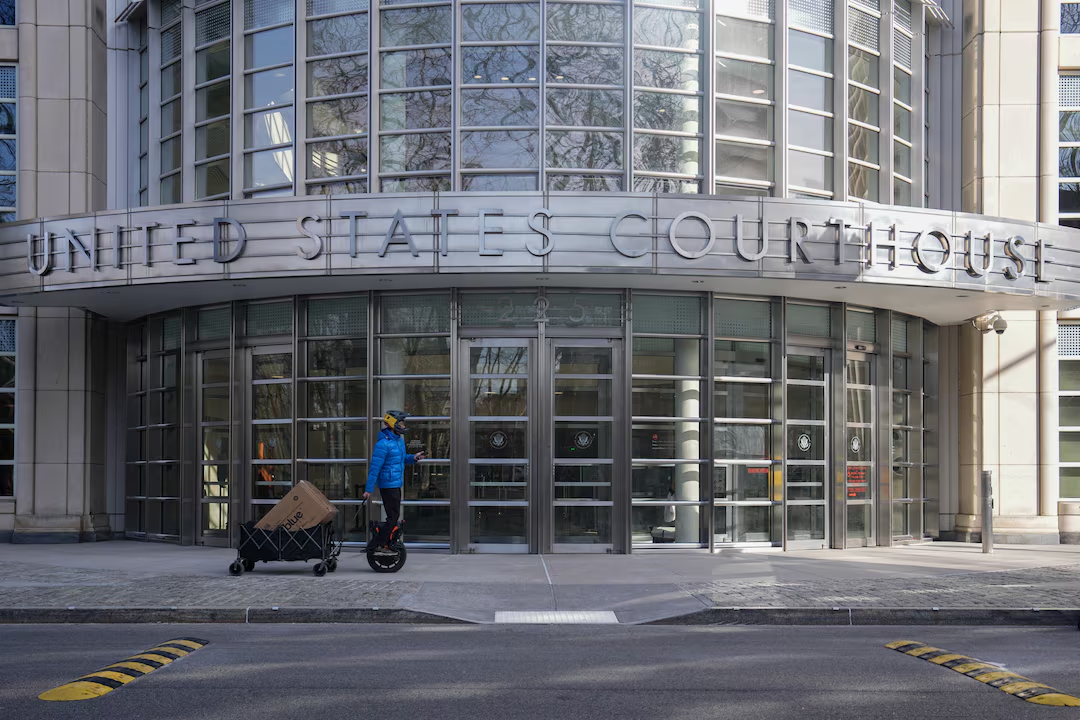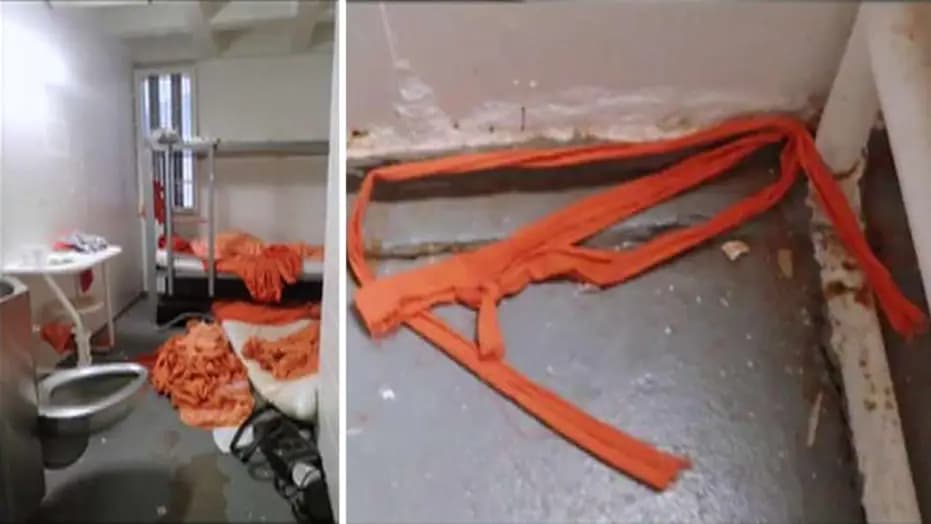DOJ Releases Controversial Epstein Surveillance Footage
This week, the United States Department of Justice (DOJ) released nearly 11 hours of what it described as "full raw" surveillance footage from a camera positioned near Jeffrey Epstein’s prison cell the night before his death. Intended to quell rampant conspiracy theories surrounding Epstein’s apparent suicide, the release has instead deepened public skepticism. The footage, analyzed by WIRED and independent video forensics experts, reveals troubling metadata suggesting that the video was edited using professional software, specifically Adobe Premiere Pro.
Metadata Raises Serious Questions
According to experts, the metadata shows the footage was not a straightforward export from the prison surveillance system, but rather a composite made from at least two source clips. This processing raises red flags about the integrity of the evidence presented to the public. Hany Farid, a professor at UC Berkeley, emphasized the importance of maintaining a clear chain of custody for digital evidence, stating, "If a lawyer brought me this file and asked if it was suitable for court, I’d say no. Go back to the source. Do it right." The absence of a direct explanation for the video’s processing adds to the existing narrative of mistrust surrounding the DOJ"s handling of Epstein"s case.

DOJ"s Access to Justice office reopens in moment of crisis ...
Public Trust Erodes Amid Inconsistencies
The DOJ memo, which confirmed Epstein"s suicide while awaiting trial on sex trafficking charges, has been met with skepticism. Pam Bondi, the U.S. Attorney General, attributed one minute of missing footage—a notable gap in the video—to a flaw in the prison"s surveillance system. Such inconsistencies only serve to feed the conspiracy theories that have proliferated since Epstein"s death, particularly as the facility where he died had a history of chronic staffing failures and technical errors. As reported by the DOJ Office of the Inspector General, many cameras at the Metropolitan Correctional Center were not operational at the time of Epstein"s death, further complicating the narrative.
Conspiracy Theories Gain Traction
The ambiguity surrounding the released footage fuels a cycle of conspiracy theories that hint at deeper corruption and cover-ups involving powerful individuals. Mike Rothschild, an author who studies conspiracy theories, notes that any unexplained detail is quickly co-opted by those seeking to challenge the official narrative. This dynamic is particularly troubling in cases involving systemic injustices, where the lack of transparency from authorities only serves to deepen public distrust.

Exclusive: Judges face rise in threats as Musk blasts them ...
Implications for Accountability in Justice System
The handling of Epstein"s case is emblematic of broader issues within the criminal justice system, particularly regarding transparency and accountability. The inability or unwillingness of the DOJ and the FBI to provide clear answers regarding the processing of evidence raises serious concerns about their commitment to justice. As marginalized communities often bear the brunt of systemic failures, the case highlights the urgent need for reform in how the justice system operates, particularly in high-profile cases that attract public attention.
Moreover, the implications of this scandal extend beyond Epstein and the individuals involved in his case. It underscores the necessity for systemic change in how oversight is conducted in federal facilities, especially those dealing with individuals accused of serious crimes. The erosion of trust in institutions that are supposed to protect and serve the public must be addressed if we are to create a more equitable justice system.

![[Video] Anti-ICE Protester Pepper Sprayed as CBP Agents Disperse Crowd in Minneapolis](/_next/image?url=%2Fapi%2Fimage%2Fthumbnails%2Fthumbnail-1768260677127-y71sb7-thumbnail.jpg&w=3840&q=75)

![[Video] Several injured as U-Haul truck drives through Iranian protestors in Los Angeles](/_next/image?url=%2Fapi%2Fimage%2Fthumbnails%2Fthumbnail-1768176682028-q95y6j-thumbnail.jpg&w=3840&q=75)
![[Video] Scuffle breaks out between Trump supporters and Anti-ICE protesters in Times Square](/_next/image?url=%2Fapi%2Fimage%2Fthumbnails%2Fthumbnail-1768165958203-hgcgb-thumbnail.jpg&w=3840&q=75)


![[Video] Gunfire between Iraqi security forces and Sadr militias in Baghdad](/_next/image?url=%2Fapi%2Fimage%2Fthumbnails%2Fthumbnail-1768343508874-4redb-thumbnail.jpg&w=3840&q=75)
